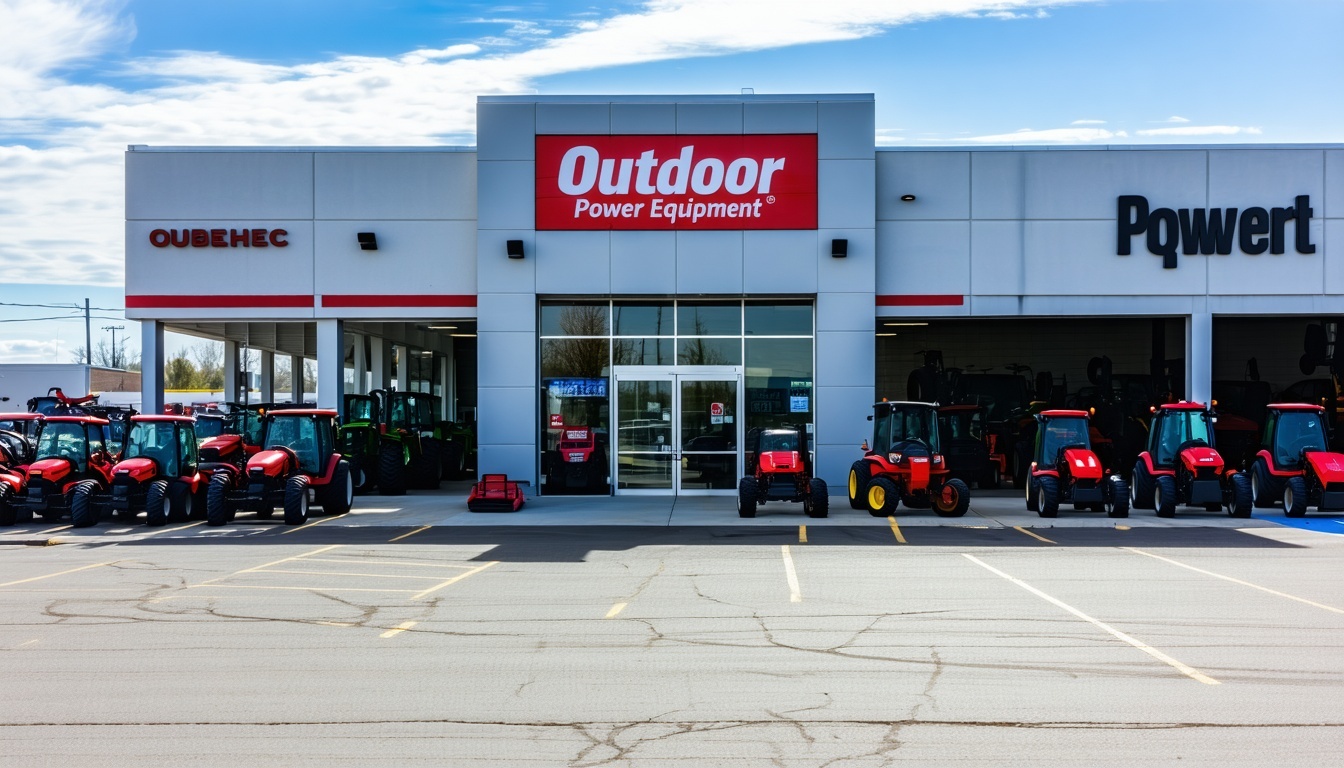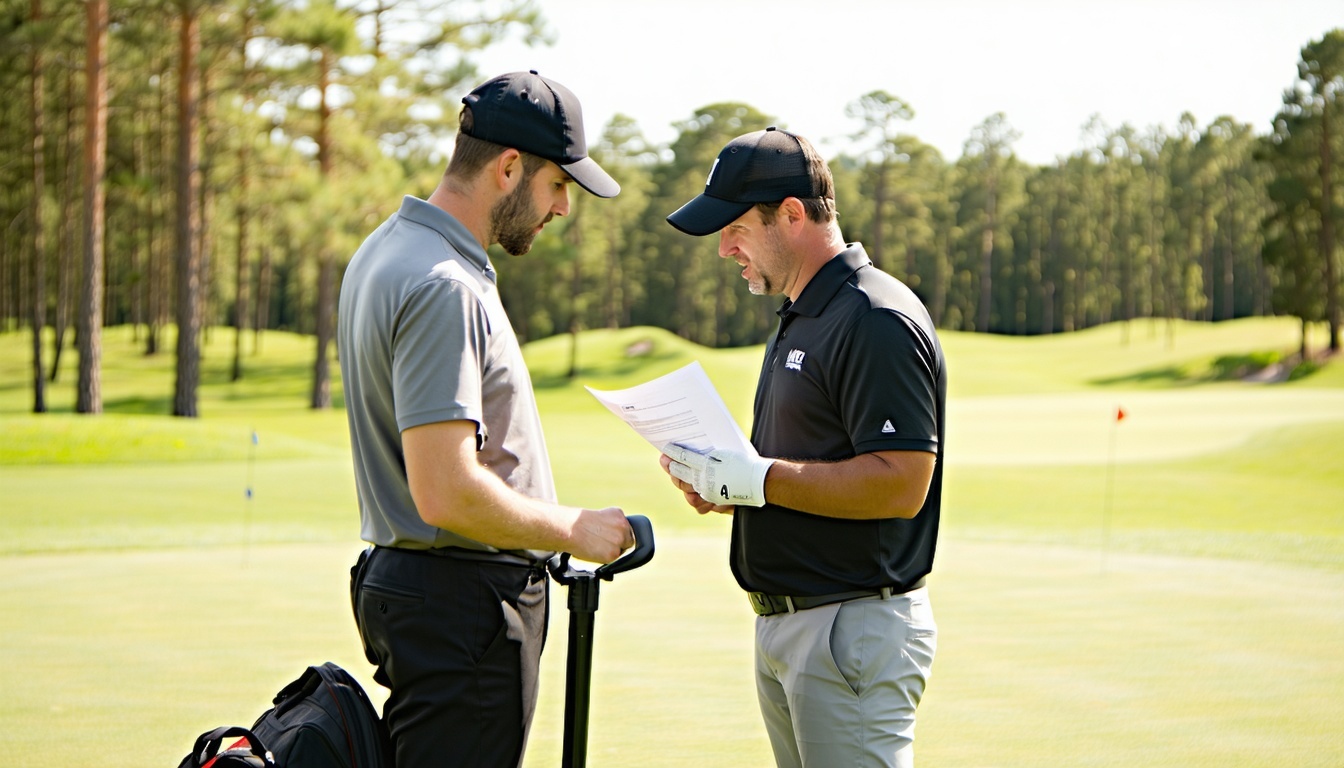
The Importance of a Consultative Sales Approach in Groundskeeping

In the competitive groundskeeping equipment market, a consultative sales approach distinguishes successful dealerships by addressing the unique, complex needs of sports turf, municipal, and resort segments.
Understanding the Unique Needs of the Sports Turf Market
The sports turf market represents a high-value, high-stakes segment where agronomic science, operational finance, and athletic performance converge. This market is not a monolithic entity but a collection of specialized sub-markets, primarily differentiated by the demands of golf courses versus athletic fields. For an equipment dealership, penetrating this market requires a transformation from a simple supplier to a trusted, knowledgeable partner. Success is predicated on a deep understanding of the customer's unique challenges, a command of the specialized equipment required to solve them, and the ability to articulate a compelling return on investment that goes far beyond the initial purchase price.
Understanding the key decision-makers is the foundational step in crafting an effective sales strategy. While both are turf professionals, the Golf Course Superintendent and the Athletic Field Manager operate under different pressures, manage different ecosystems, and answer to different stakeholders. The Golf Course Superintendent is a unique blend of scientist, financial manager, and artist. Their primary responsibility is the health and playability of the turfgrass across distinct zones—greens, fairways, tees, and roughs—each demanding a specific maintenance regimen and equipment set. The superintendent's work directly impacts the club's reputation, membership satisfaction, and revenue. Their decision-making is data-driven and long-term.
The pristine appearance of a professional sports surface belies a constant agronomic battle against the forces of nature and human activity. A dealership's product offerings and sales narrative must be framed as direct solutions to these fundamental challenges. Soil compaction, thatch buildup, poor drainage, and the need for surface uniformity and playability are core issues. Specialized equipment such as aerators, verticutters, topdressers, and specific mowers for golf courses and synthetic turf gear like groomers and sweepers for fields are essential tools in addressing these challenges.
Navigating Municipal Groundskeeping Challenges
The municipal groundskeeping market operates under a unique set of principles driven by public accountability, strict procurement regulations, and evolving social and environmental mandates. For dealerships, success in this segment is less about aggressive sales tactics and more about mastering the intricacies of government contracting, demonstrating long-term value, and aligning product offerings with the public good.
The typical customer in this segment is a public servant—a Director of Public Works, a Parks and Recreation Superintendent, or a Grounds Manager for a school district. Their primary responsibility is to the taxpayers and elected officials they serve. Unlike their private sector counterparts, their decisions are subject to public scrutiny, and their performance is measured by their ability to provide safe, accessible, and aesthetically pleasing public spaces within the confines of a publicly approved annual budget.
The municipal operating environment is defined by a trio of powerful constraints that heavily influence every purchasing decision: budgetary realities, labor shortages, and regulation. The shift to electric and battery-powered equipment aligns with the green imperative driven by both top-down regulation and bottom-up public demand. Additionally, smart and autonomous technology is becoming increasingly attractive due to its potential for long-term labor savings.
Enhancing Guest Experience in Resorts with Versatile Equipment
The resort and hospitality market represents a unique and lucrative niche where the grounds are not merely maintained spaces but are a core component of the product being sold: the guest experience. For these properties, pristine landscapes, immaculate recreational areas, and seamlessly functional outdoor spaces are essential for justifying premium room rates, generating positive reviews, and building brand loyalty.
The decision-maker in this segment, typically a Grounds Manager or Director of Engineering, operates at the intersection of horticulture and hospitality. Their work is constantly on display and is directly tied to the resort's brand identity and revenue stream. The visual appeal of the property is a primary amenity, and its upkeep is paramount.
Given the diverse, year-round demands and the need to maximize capital efficiency, the ideal equipment solution for many resorts is not a collection of single-purpose machines, but rather a versatile and powerful tractor or compact utility loader that serves as a mobile power platform for a wide array of attachments. This capability directly translates into significant labor savings and operational flexibility.
Building Trust Through Value-Added Services
In a competitive market, the equipment itself can often be commoditized. The most successful dealerships build a deep competitive moat by wrapping their products in a suite of indispensable services that create long-term customer loyalty and generate high-margin, recurring revenue.
A sophisticated and flexible financing arm is not a value-add; it is a core business requirement. The dealership must proactively market a comprehensive portfolio of financial products. This includes traditional financing, but more importantly, flexible commercial leasing options for golf and resort clients and specialized municipal lease-purchase agreements that align with public sector budgeting rules.
For these customers, equipment downtime is not an inconvenience; it is a direct threat to their revenue and operations. A dealership can create immense value and customer loyalty by offering tiered, branded service and maintenance agreements. These contracts provide customers with predictable maintenance costs, ensure preventative care is performed, and minimize the risk of costly, unexpected breakdowns.
Embracing Technological Advancements for Future Growth
The grounds maintenance industry is on the cusp of a technological revolution. Dealerships that anticipate and lead these changes will secure a dominant market position for the next decade. Those that lag behind risk obsolescence.
The transition from gas to battery power is accelerating, especially in the municipal and resort segments. Technicians must be trained to service complex battery and electrical systems. The sales team must be equipped to educate customers on the TCO benefits, which include significant savings on fuel and maintenance that can offset a higher initial purchase price.
Autonomous mowers are moving from a futuristic concept to a practical solution for the industry's chronic labor shortage. For large, open areas like sports fields, parks, and golf fairways, these machines offer the promise of perfectly manicured turf with minimal human intervention. Additionally, the next generation of professional grounds equipment will be "smart" and connected, providing grounds managers with unprecedented insight into their operations.
If you're an OPE business owner interested in growing or selling your company, we're actively acquiring in this space. Reach out today—fill out the form below to start the conversation and explore how we can partner for your next chapter.

